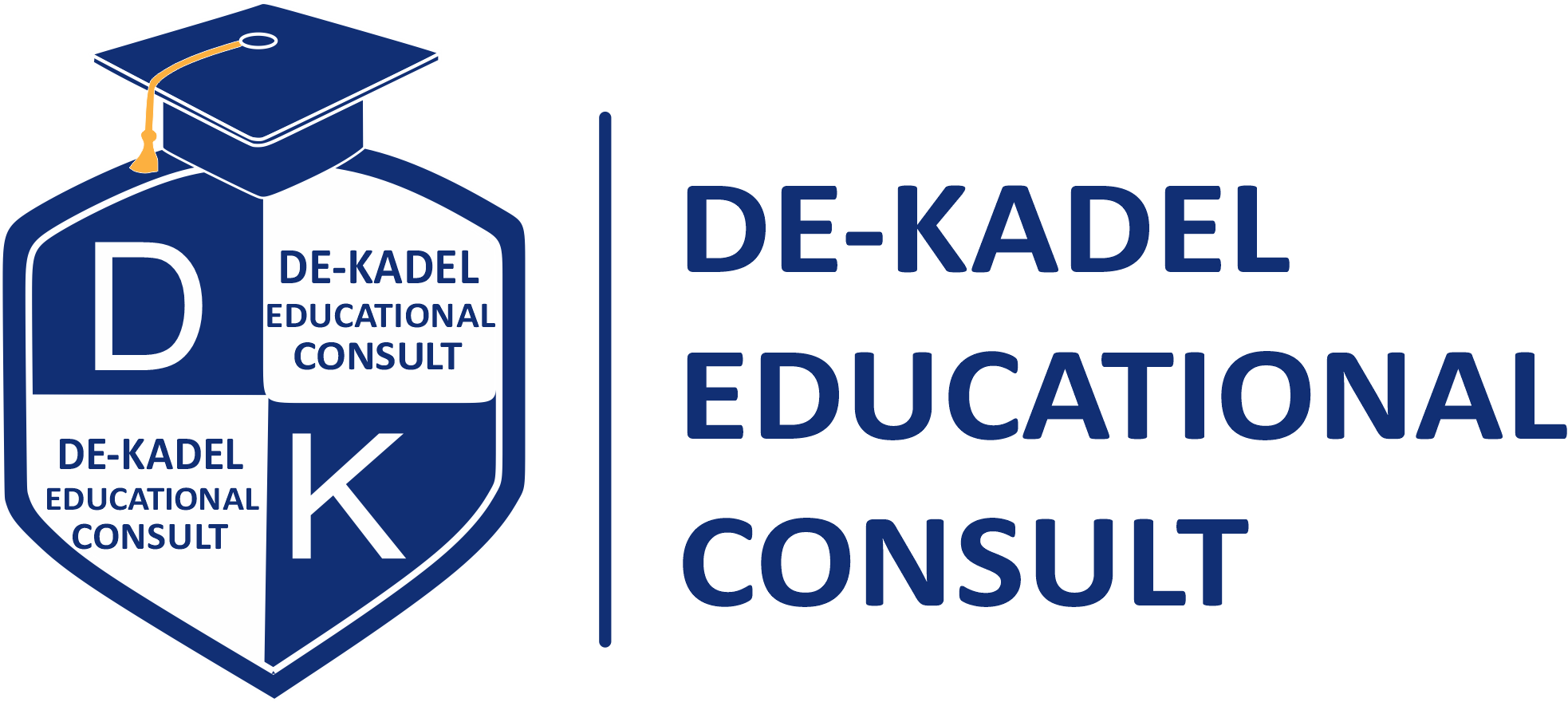Revolutionizing Nigerian Education: Recent Developments and Promising Future

In the dynamic landscape of Nigerian education, significant strides have been made in recent years, marking a transformative journey towards excellence and equity. From innovative policies to groundbreaking initiatives, Nigeria’s educational sector is experiencing a wave of positive change that promises a brighter future for its youth and the nation as a whole.
Embracing Innovation: The Rise of Technology in Education
One of the most notable developments reshaping Nigerian education is the integration of technology at all levels of learning. With initiatives like the introduction of e-learning platforms and digital classrooms, students now have access to a wealth of resources beyond traditional textbooks. This shift not only enhances the quality of education but also prepares students for a digital future, equipping them with essential skills in technology and information literacy.
Bridging Gaps: Access and Inclusivity
Access to quality education has long been a challenge in Nigeria, particularly in rural and underserved communities. However, recent efforts have focused on bridging these gaps through initiatives such as the establishment of more schools in remote areas, scholarship programs, and improved infrastructure. These initiatives aim to ensure that every Nigerian child has the opportunity to receive a quality education regardless of their socio-economic background.
Empowering Educators: Training and Development
Recognizing the pivotal role of educators in shaping the future generation, there has been a concerted effort to invest in teacher training and professional development programs. By equipping teachers with modern teaching methods, pedagogical tools, and subject expertise, Nigeria is fostering a more skilled and motivated cadre of educators capable of delivering impactful learning experiences.
Fostering Innovation: Entrepreneurship and STEM Education
In line with global trends, Nigeria is placing a strong emphasis on STEM (Science, Technology, Engineering, and Mathematics) education and entrepreneurship. Initiatives such as STEM clubs in schools, coding boot camps, and entrepreneurship incubators are nurturing young talent and fostering a culture of innovation and problem-solving. These efforts are crucial for preparing students to thrive in the increasingly competitive global economy.
Promoting Cultural Heritage: Indigenous Knowledge and Languages
Amidst the drive towards modernization, there is also a growing recognition of the importance of preserving Nigeria’s rich cultural heritage. Efforts to integrate indigenous knowledge systems and languages into the curriculum are gaining momentum, ensuring that students remain connected to their roots while embracing global perspectives.
Looking Ahead: Challenges and Opportunities
While significant progress has been made, challenges remain on the path to revolutionizing Nigerian education. Issues such as funding constraints, infrastructural deficiencies, and curriculum reform require continued attention and innovative solutions. However, with a commitment to collaboration between government, private sector, and civil society, Nigeria has the potential to overcome these challenges and build a truly world-class education system.
Conclusion: A Bright Future Awaits
In conclusion, the revolutionizing of Nigerian education represents a journey of hope and promise. With advancements in technology, enhanced access, empowered educators, and a focus on innovation and cultural preservation, Nigeria is poised to unlock its youth’s full potential and drive sustainable development. As we continue to invest in education as a cornerstone of national progress, let us envision a future where every Nigerian child has the opportunity to thrive and contribute to a prosperous society.
Join us in celebrating the strides made and the promising future ahead as Nigeria transforms its educational landscape to empower generations to come. Together, we can build a brighter tomorrow through education—one student, one classroom, and one innovation at a time.


